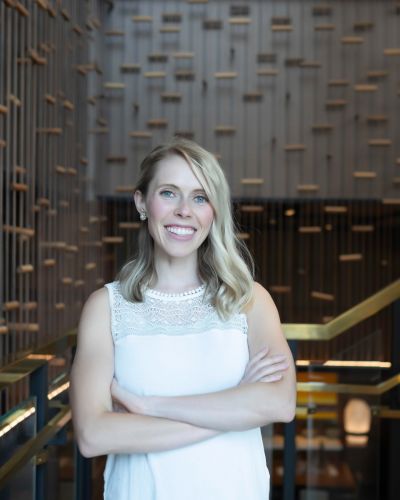
AAC Empowering Voices
By: Shelby Reed, Speech Therapist
The ability to communicate and connect with others is something many of us take for granted. Yet, numerous conditions can impact a person’s capacity to speak and communicate, leaving individuals and their families feeling isolated and hopeless. However, with the help of a speech therapist and the implementation of Augmentative and Alternative Communication (AAC), there is renewed hope for those affected.
AAC stands for Augmentative and Alternative Communication, encompassing both high-tech and low-tech modalities to aid communication. Low-tech AAC includes gestures, writing, drawing, and pointing to pictures, while high-tech AAC involves using apps on devices like iPads or speech-generating devices with picture symbols and speech output.
Various medical diagnoses can impair communication abilities, including stroke, traumatic brain injury, brain tumors, head and neck cancers, autism, ALS, MS, Parkinson’s, primary progressive aphasia, and dementia. Importantly, AAC can be utilized by individuals of all ages and at all stages of their condition, with no age limit for its use.
A common misconception about AAC is that it is a “last resort” after other methods to improve speech have failed. In reality, AAC can establish functional communication while individuals continue working on spoken language skills. Another myth is that AAC might hinder speech development in children with speech delays. Research, however, shows that AAC can encourage and promote verbal speech by enhancing understanding of core vocabulary and offering opportunities to practice words in various social contexts.
At Boone County Health Center, we offer comprehensive AAC evaluations to determine appropriate forms of AAC, programming and customization of speech-generating devices, and evaluations to assess if AAC would assist in communication. With these services, we aim to restore the ability to connect and communicate, enriching lives through the power of speech. If you or a loved one think you may benefit from AAC, contact our Speech Therapy department at 403-395-3187.
